Dear Readers,
AI plays a crucial role in our blog, helping us manage our time more effectively to keep the content flowing. While AI assists with content creation, which may lead to occasional spelling or grammar errors, our primary goal remains clear: to deliver meaningful insights to you. For important matters, please consult a specialist.
Thank you for your understanding and support.
Best regards,
Education.com.cy
Summary
Internet addiction is increasingly prevalent among children and teenagers, significantly impacting their physical, psychological, and social well-being. Prolonged online activity can lead to various health issues, including headaches, eye problems, and sleep disturbances, as well as psychological problems such as irritability and low mood. Socially, addicted individuals may prefer online interactions over real-life relationships, leading to poor interpersonal skills and reduced participation in physical activities. Academically, internet addiction can result in distraction and declining performance. Key triggers for addiction include psychological factors like low mood and the need for excitement, personality traits such as shyness, and parenting factors like lack of supervision. Effective management strategies include setting clear time limits for internet use, encouraging physical activities, and fostering open communication between parents and children. It is crucial for both teens and parents to understand the importance of balanced internet use to mitigate these adverse effects.
Introduction
The impact of Internet addiction on children and teenagers is a growing concern in today’s digital age. With the increased diffusion of the Internet, children and teenagers are spending more time online, often at the expense of their physical, social, and psychological well-being. This addiction can lead to a range of negative outcomes, including physical health issues such as headaches, eye problems, and sleep disturbances, as well as psychological problems like irritability, low mood, and social withdrawal. Additionally, excessive Internet use can adversely affect academic performance and interpersonal relationships. Understanding the underlying triggers, such as psychological factors, personality traits, and parenting influences, is crucial in addressing and mitigating the impact of Internet addiction on young individuals. It is essential for parents, educators, and healthcare professionals to work together to promote healthy Internet use and provide support for those struggling with addiction.
Main Sections
- Impact on Children and Teenagers
Prolonged online activity discourages participation in healthful activities and negatively affects physical health, social relationships, psychological temperament, and academic performance. Children and teenagers who spend excessive time online often experience headaches, eye strain, and sleep disturbances. Psychologically, they may become irritable, anxious, or depressed. Socially, they might prefer virtual interactions over face-to-face communication, leading to poor interpersonal skills and isolation. Academically, internet addiction can result in distraction, procrastination, and declining grades.

- Adolescents’ Vulnerability
Adolescents are particularly vulnerable to Internet addiction due to their developmental stage of “Identity versus Role Confusion.” During this period, teenagers are exploring their identities and seeking validation. The online world offers a platform for self-expression and social interaction, which can be both appealing and addictive. Online identity formation can lead to a disconnect between their real-life and virtual selves, causing confusion and stress.

Find out how the strategies discussed in the article
"How Teaching a Song Can Improve Your Child’s Learning and Well-Being"can help address internet addiction in children and teens.
- Identifying Internet Addiction in Children
Internet addiction in children can be identified through the 4 ‘C’s: Craving, Control, Compulsion, and Consequences. Craving refers to the intense desire to use the Internet. Control is the inability to limit online time. Compulsion is the repetitive use of the Internet despite negative outcomes. Consequences are the adverse effects on physical health, psychological well-being, and social life.
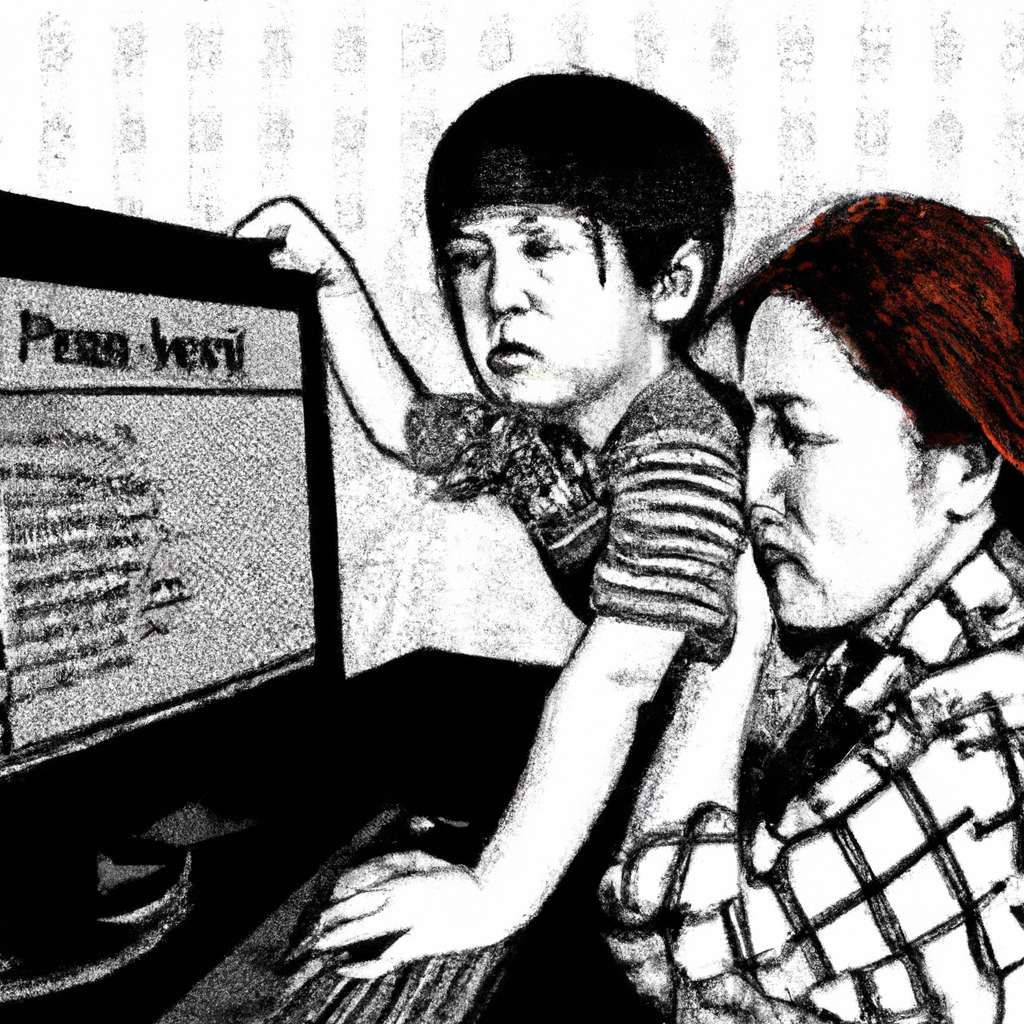
- Underlying Triggers
Several factors contribute to Internet addiction, including psychological, personality, and parenting influences. Psychological factors such as low mood, anxiety, and the need for excitement can drive children to seek solace online. Personality traits like shyness, low self-esteem, and impulsivity also play a role. Parenting factors, including lack of supervision, inconsistent discipline, and limited family interaction, can exacerbate the problem.
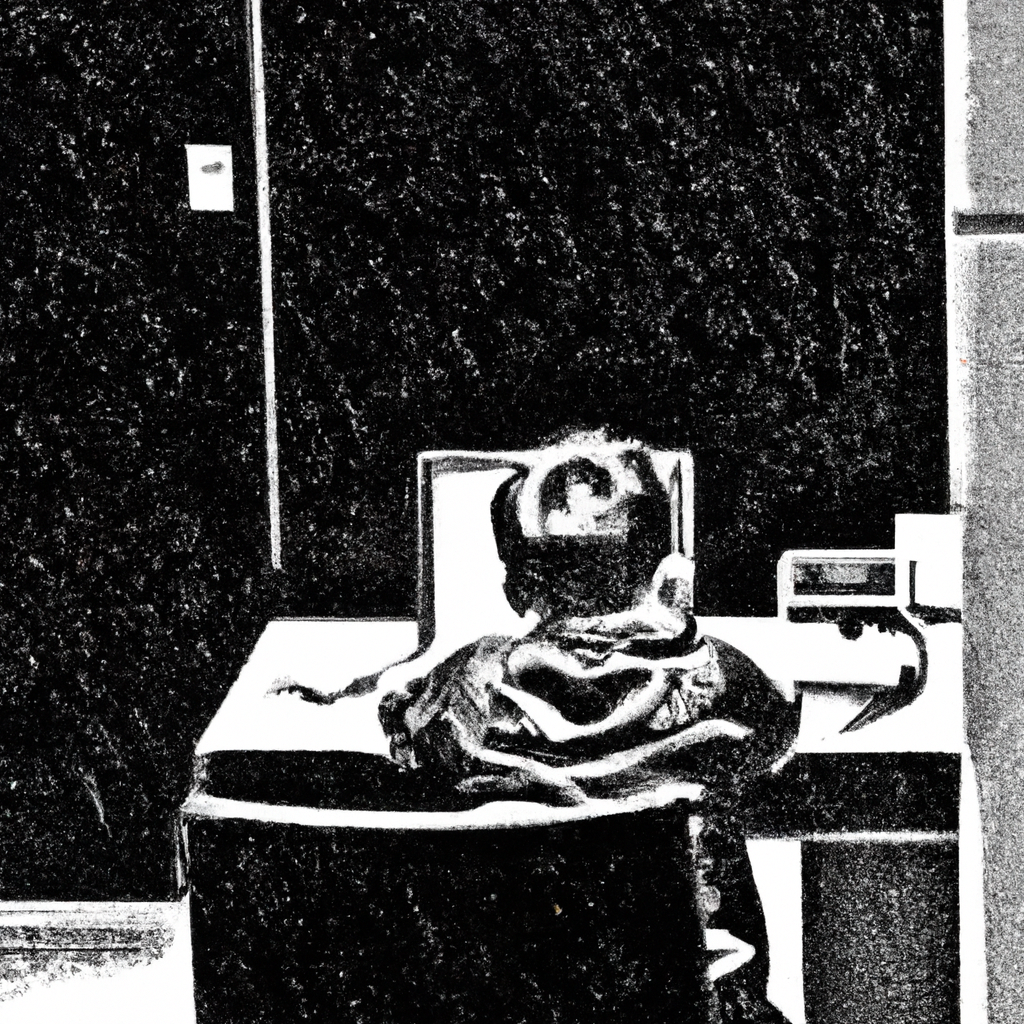
- Impact on Life
Internet addiction can lead to various physical and psychosocial/behavioral problems. Physically, children may suffer from headaches, eye strain, and sleep disturbances. Psychosocially, they may experience irritability, low mood, and social withdrawal. Behaviorally, they might exhibit poor academic performance, procrastination, and a lack of interest in offline activities.

- Struggles of Parents
Parents of children addicted to the Internet often face significant challenges. They may experience self-blaming, anger, helplessness, anxiety, and denial. These emotions can strain the parent-child relationship and make it difficult to address the issue effectively. Parents need support and guidance to manage their children’s Internet use and promote healthy habits.
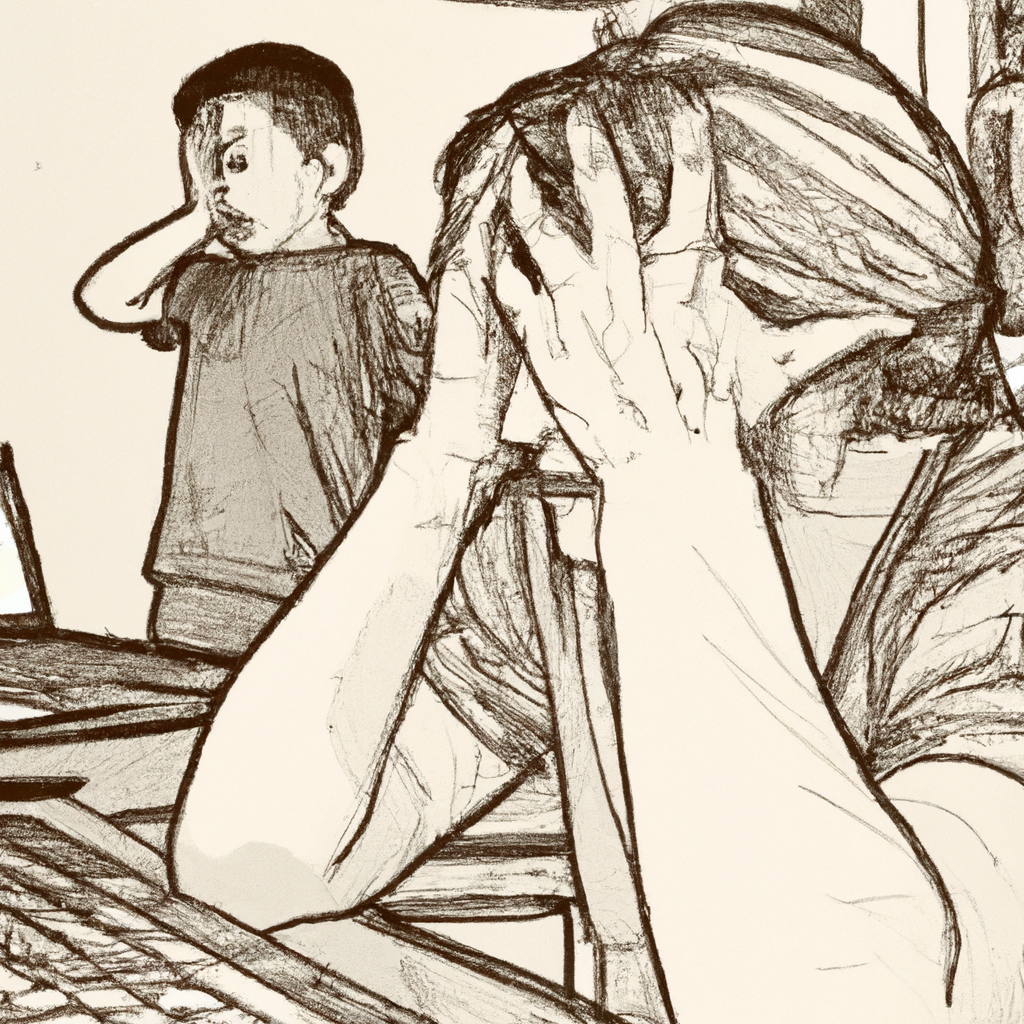
- Strategic Management
Effective management of Internet addiction involves education for both teens and parents. Setting clear time limits for Internet use, encouraging physical activities, and fostering open communication are essential strategies. Parents should model balanced Internet use and create a supportive environment that promotes healthy habits. Educators and healthcare professionals can also play a crucial role in providing resources and support.
Integrating Music in Managing Internet Addiction
In addition to setting time limits and encouraging physical activities, incorporating music into daily routines can be a valuable strategy for managing internet addiction. As Aristotle highlighted, music has the power to nurture the soul and promote well-being. Listening to or playing music can provide a healthy alternative to excessive screen time, fostering joy and contentment in children and teenagers. By creating moments of musical engagement, parents can help their children find balance and develop positive habits, enhancing their overall happiness and reducing reliance on the internet.
How to integrate Music in children’s life to manage Internet addiction
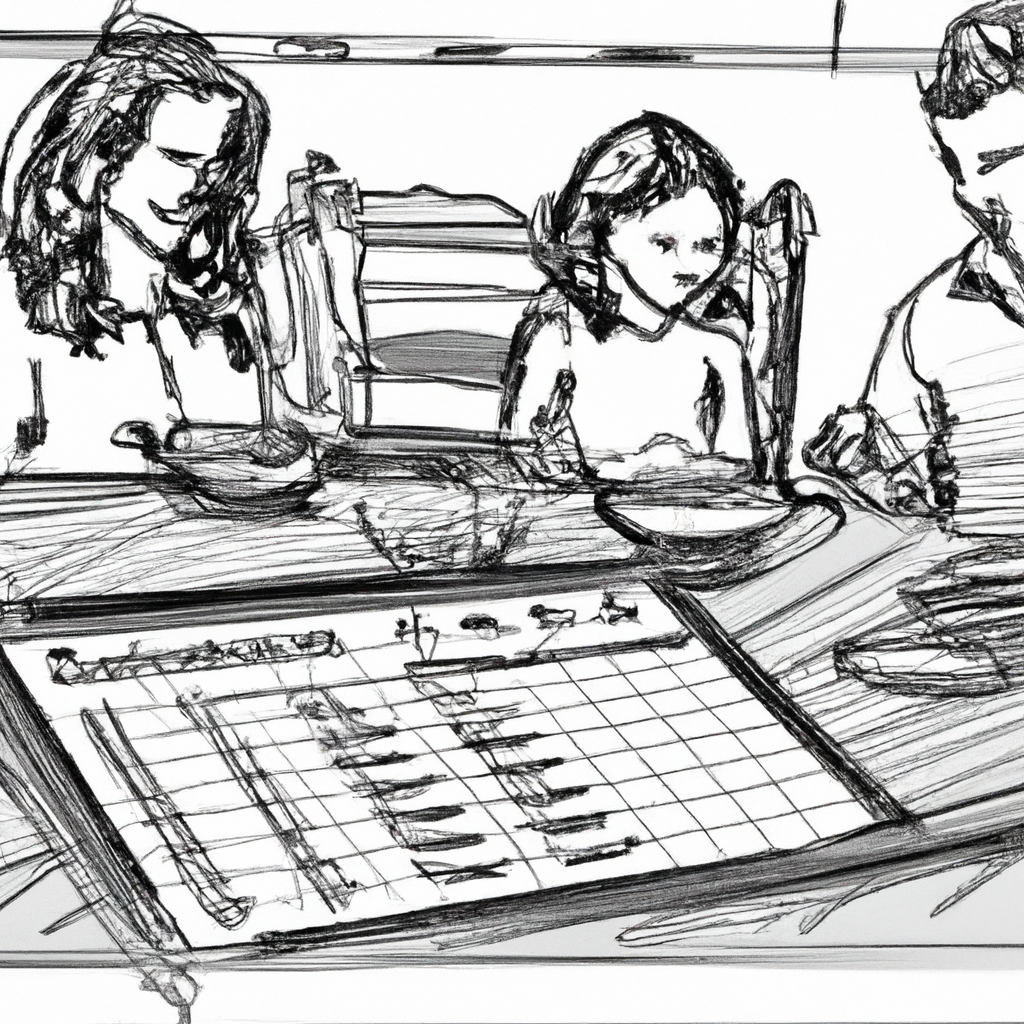
Conclusion
The Internet, much like a matchstick, has the potential to be either beneficial or harmful. It is crucial for teenagers to learn how to use the Internet wisely and responsibly. Internet addiction can have significant negative impacts on children and teenagers, affecting their physical health, social relationships, psychological well-being, and academic performance. Proper education and strategic management by both teens and parents are essential to mitigate these adverse effects and promote a balanced, healthy lifestyle.
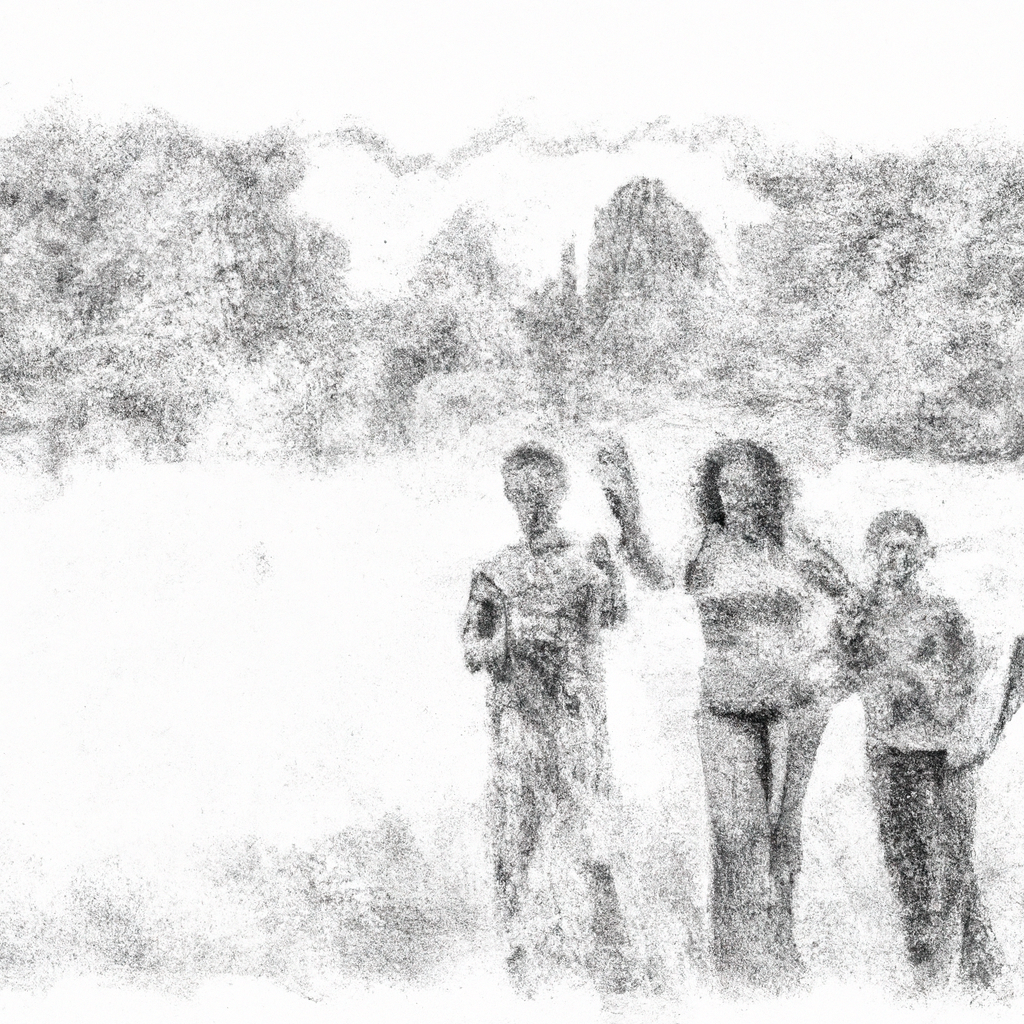
Thank you for reading our article on Impact of Internet Addiction on Children and Teenagers. We highly value your feedback and invite you to take a brief survey to share your thoughts and experiences. Your responses will be kept confidential.
Dear Readers,
Welcome to my blog, where technology, music, and visual arts come together to spark creativity and growth. By subscribing, you’ll become part of a vibrant community committed to exploring and learning in these areas.
Select the type of engagement that suits you best:
Join us and enjoy tailored content and direct support suited to your interests.
